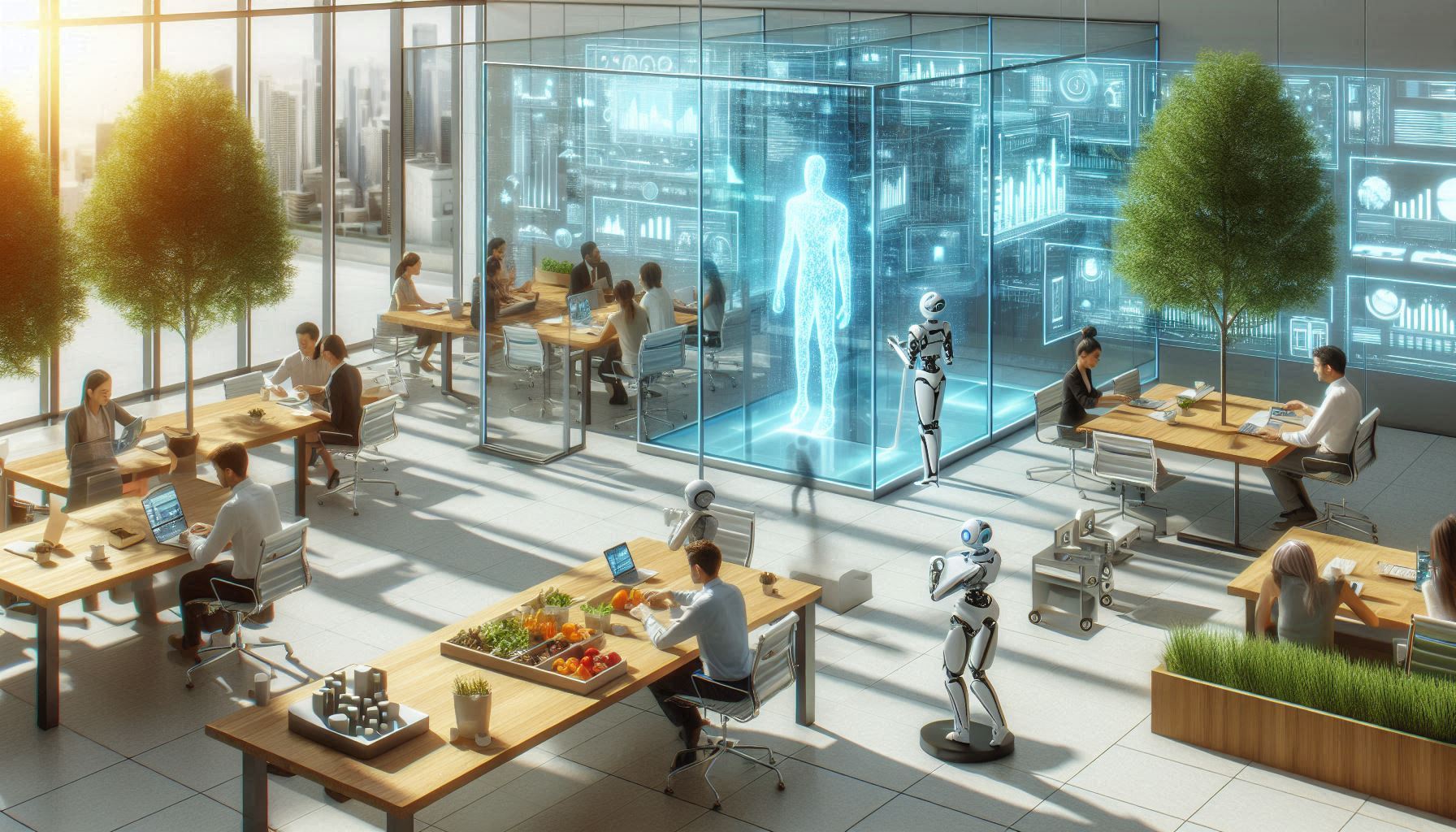
Welcome to the exciting world of remote work! As the dust settles from the upheaval caused by the pandemic, we find ourselves standing at the precipice of a new era, one defined by flexibility, innovation, and a reimagined approach to how we work. The world of remote work is not just a temporary response to a crisis; it’s a transformative shift in our work culture that is here to stay. So, buckle up as we explore the exhilarating trends and predictions that are shaping the future of remote work!
The Rise of Hybrid Work Models
One of the most significant trends shaping the landscape of remote work is the emergence of hybrid work models. Organizations are beginning to recognize that employees thrive in different environments. With a mix of in-office and remote work, companies can offer their teams the best of both worlds—collaboration and creativity paired with flexibility and autonomy.
Imagine a workweek where you can choose to brainstorm face-to-face with colleagues one day and complete focused projects in the comfort of your home the next. As workers demand more choice in how and where they work, businesses must adapt or risk losing top talent. According to a recent survey, a staggering 74% of employees express an interest in a hybrid model, fueling the transition to a more balanced approach to work.
Emphasis on Employee Well-Being
As we look ahead, employee well-being is taking center stage in the conversation about remote work. Companies are increasingly recognizing that the mental and physical health of their workforce is crucial to productivity and loyalty. The future will see a stronger emphasis on creating a supportive culture that prioritizes work-life balance.
Expect companies to invest in wellness programs that promote physical activity, mental health resources, and social connections among employees. Virtual wellness challenges, mental health days, and counseling sessions are just a few examples of how organizations can foster a healthy work environment. Companies that prioritize well-being will not only attract top talent but also cultivate a more engaged and motivated workforce.
Technology: The Backbone of Remote Work
Technology is undoubtedly the backbone of remote work, and its evolution continues to unlock new possibilities. Fast-paced advancements in communication and collaboration tools are enabling teams to work seamlessly from anywhere in the world. From video conferencing platforms like Zoom to project management tools like Asana and Trello, technology is bridging the gap and fostering connectivity.
But that’s not all! Emerging technologies like artificial intelligence (AI), virtual reality (VR), and augmented reality (AR) are set to revolutionize how we collaborate. Picture this: attending virtual meetings in immersive 3D spaces, where you can interact with colleagues as if you were all in the same room! The future of remote work is bursting with potential, and innovation in tech will play a pivotal role in enhancing productivity and collaboration.
Global Talent Pool: The Borderless Workforce
Gone are the days when organizations were bound by geographic limitations when it came to hiring talent. The rise of remote work has opened up a world of possibilities, allowing companies to tap into a global talent pool. This borderless workforce enables organizations to find the best individuals for the job, regardless of where they are located.
With this shift comes incredible diversity in teams, bringing in fresh perspectives and ideas. Companies that embrace this trend will gain a competitive edge, as they can leverage the unique strengths of individuals from various backgrounds and cultures. As we move forward, expect to see businesses actively seeking to build diverse teams that enhance creativity and problem-solving.
A New Approach to Training and Development
The future of remote work will also mean a significant evolution in how we approach training and development. Traditional methods are rapidly becoming obsolete, giving way to more dynamic and engaging learning experiences. Virtual learning environments, microlearning techniques, and interactive online workshops are on the rise, making professional development accessible and adaptable to different learning styles.
Furthermore, organizations will focus on continuous learning as a cornerstone of their culture. Providing employees with opportunities to upskill will not only benefit individuals but also contribute to overall company success. As the saying goes, “An investment in knowledge pays the best interest.” In a fast-evolving job market, companies that prioritize employee growth will stand out as employers of choice.
Embracing Flexibility and Autonomy
As we step into the future, the demand for flexibility and autonomy in the workplace will be more pronounced than ever. Employees are craving the freedom to design their workdays according to their personal preferences, and organizations must adapt to this demand. Whether it’s choosing work hours, selecting project deadlines, or deciding their workspace, employees want to have a say in how they work.
This flexibility leads to increased job satisfaction and improved productivity. As a result, companies embracing flexibility will foster environments where employees feel empowered and engaged. The era of micromanagement is fading, replaced by trust and autonomy that ignites creativity and innovation.
The Green Movement: Sustainability in Remote Work
With the remote work revolution comes an increased consciousness towards environmental sustainability. As organizations realize that remote work can significantly reduce carbon footprints (by minimizing commuting and office resources), many are actively exploring sustainable practices.
Expect to see a focus on eco-friendly initiatives within remote work policies. From virtual team-building activities that promote sustainable goals to environmentally-conscious supplies and practices, companies will seek to align their values with their operations. The future of remote work is not just about flexibility; it’s about fostering a culture that cares for the planet.
